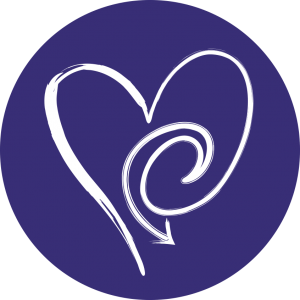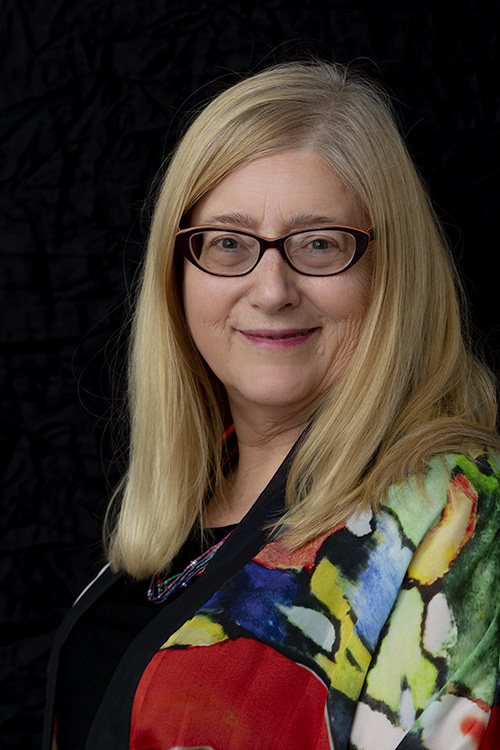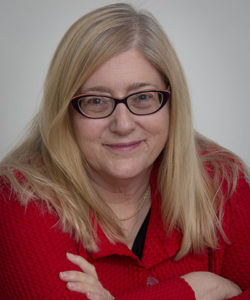By Any Other Name: The Words We Call Ourselves
When I write about the creative joy of women after midlife, one challenge is just what to call our cohort of women. When I wrote Aphrodite’s Pen: The Power of Writing Erotica After Midlife, I looked at how other authors name us, and found no consensus. “Juicy Crones,” “Wise Women,” “Women Past Midlife,” “Women Growing Bolder,” “Ripe Women,” “Ageless,” “Seasoned Women,” all have their adherents. There must be fifty ways to avoid saying “older.”
It reminds me of another name challenge our family encountered years ago. I have a son who has cerebral palsy and who rides a wheelchair. He is pushing forty now, and when he was a child, the California state agency that helped us with his needs was called “Crippled Children’s Services.” By then the word “crippled” was already out of favor. The name of the agency soon changed to “California Children’s Services;” apparently they wished to keep their abbreviation. Around that time the word “handicapped” came into vogue. Next decade the favored word was “disabled.” And then came “differently abled,” at which point my son and his friends decided reality had left the building and just started calling each other Crips. Personally, I favor “inconvenienced,” but I don’t get a vote on this one – at least, not yet. So far I am still “temporarily able-bodied.”
The issue, of course, is not with words themselves. There is nothing inherently good or bad about any word for a woman over fifty, or any word for a person with movement challenges, or anyone in any other group. Rather, words absorb the attitudes of those who use them, and words themselves take on stigma in people’s minds over time. If you have ever read Stranger in a Strange Land, that science fiction classic of the 1960s, you may remember that the Martians in the story abandoned their cities every few centuries and built new ones, because the old cities became laden with the emotions of those who had lived there. Certain words become as burdened as an old Martian city.
Combining words with different valences is one way to shake up assumptions. When my friend Lynx Canon began her monthly erotic reading series for women over fifty, she named it “Dirty Old Women,” as a play on ageism and sexism. When I formed the first “Elderotica” writing group in California, the participants appreciated the irony of jamming together “erotica” and “elder.”
A word is a nexus of power, and one way we claim our power is by taking ownership of names. Sometimes stigmatized groups reclaim “negative” terms and use them to push back – think of the Fat Liberation Movement. Sometimes groups lay claim to words with cultural significance, as when queer folk claim the word “gay,” which Gertrude Stein used in a story published in 1920: “Helen Furr and Georgine Skeen, they were regularly gay there, where they were gay. To be regularly gay was to do every day the gay thing that they did every day.”
By now, we women over fifty – we old broads – have an assortment of names to choose from. It will be a sign of our ripening revolution when we pick a name and run with it.
How do we encourage our daughters, our granddaughters, to avoid the traps that caught us?
So what should it be?
What would your choice be?
What words do you hate – and why?
Comment below and let me know your thoughts please.


